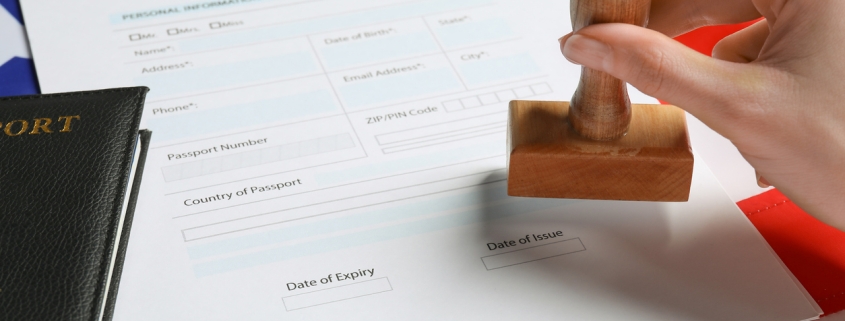Why Would an I-601 Waiver Get Denied?
Individuals who are ineligible for immigrant status in the United States can request a waiver of their ineligibility by filing a Form I-601. However, the UCSIC denies between 25% and 35% of those requests. You can improve your chances of having your waiver request approved if you have a better understanding of why it might be denied.
The FL immigration appeals lawyers at the Bassey Immigration Law Center help individuals to request waivers with a Form I-601 application when they have temporarily lost their ability to procure legal immigration status in the United States. We use our knowledge and experience to avoid the most common causes for an I-601 rejection.
What are the most common reasons for an I-601 rejection?
I-601 denials are not limited to a small number of reasons, but immigration officials commonly deny I-601 waiver applications because:
- The applicant did not provide sufficient convincing evidence with the waiver application to substantiate the need for a waiver. Evidence can include documents and affidavits that verify the extreme hardship that the applicant might face if the waiver is not approved, and proof that the applicant has been rehabilitated such that the previous reasons for denying the applicant’s immigration status are no longer valid.
- The applicant’s evidence does not adequately demonstrate that the rejection of immigration status would cause extreme hardship for the applicant’s spouse, parent, or some other permanent U.S. resident.
- The applicant made mistakes when completing their Form I-601. The application is not complicated, but parts of it may be confusing to a non-resident who is not familiar with official documents. Applicants can avoid making simple mistakes by hiring Immigration waiver attorneys in FL to help them complete and submit the Form.
- The applicant made mistakes when completing their Form I-601. The application is not complicated, but parts of it may be confusing to a non-resident who is not familiar with official documents.
- The applicant is facing pending criminal charges or has other legal issues. Criminal charges or convictions can create significant difficulties for I-601 waiver applicants. Talk to an I-601 waiver lawyer about how these matters can be addressed when you are preparing your waiver application.
How can an I-601 applicant avoid a waiver denial?
You will never get a guarantee that your I-601 waiver request will be approved, but you can do a few things to reduce the chances that your application will be denied:
- Organize all of your evidence before you start to fill out your Form I-601, including affidavits from family members and other relatives, medical records, bank statements, and other financial documents and materials.
- Write a compelling narrative of why you or your family would experience extreme hardship if your waiver request is denied, with details of the psychological, financial, and medical challenges that denial would impose on them.
- Answer questions honestly and directly. Check your answers to verify that they are consistent with each other.
- Address your criminal matters and other legal issues before you submit your Form I-601.
- Work with an experienced I-601 immigration attorney to advise you throughout the waiver application process.
Contact Florida immigration appeals lawyers
You will spend a fair amount of time, energy, and financial resources to file for an I-601 waiver. You can improve your opportunity to get value back for your efforts when you hire a knowledgeable immigration appeals lawyer from the Bassey Immigration Law Center in Tampa, Florida.
We represent clients across the United States in matters that include I-601 waiver applications and other immigration issues. Please call our offices to speak with an attorney about your immigration matter today.
About Bassey Immigration Law Center, P.A.
Bassey Immigration Law Center, P.A., led by attorney Aniefiok Bassey, provides comprehensive immigration services to individuals, families, and businesses in Florida and beyond. With over 20 years of experience, the firm assists clients with a wide range of immigration matters, from family reunification and green cards to business visas and deportation defense. The diverse, multilingual team is dedicated to supporting clients through the complex immigration process, with a special focus on citizenship, asylum, and LGBTQ+ immigration needs. They offer affordable initial consultations and are committed to delivering personalized, strategic guidance for achieving clients’ immigration goals.


